The city of San Francisco has been battling an alarming rise in homelessness, crime, theft, and violence over the past few years. The spiked crime rates have even forced businesses such as grocery stores to close up shop all around the city. A new bill would make grocery stores provide 6 months’ notice before closing and work with residents to find replacements, but it’s highly controversial.
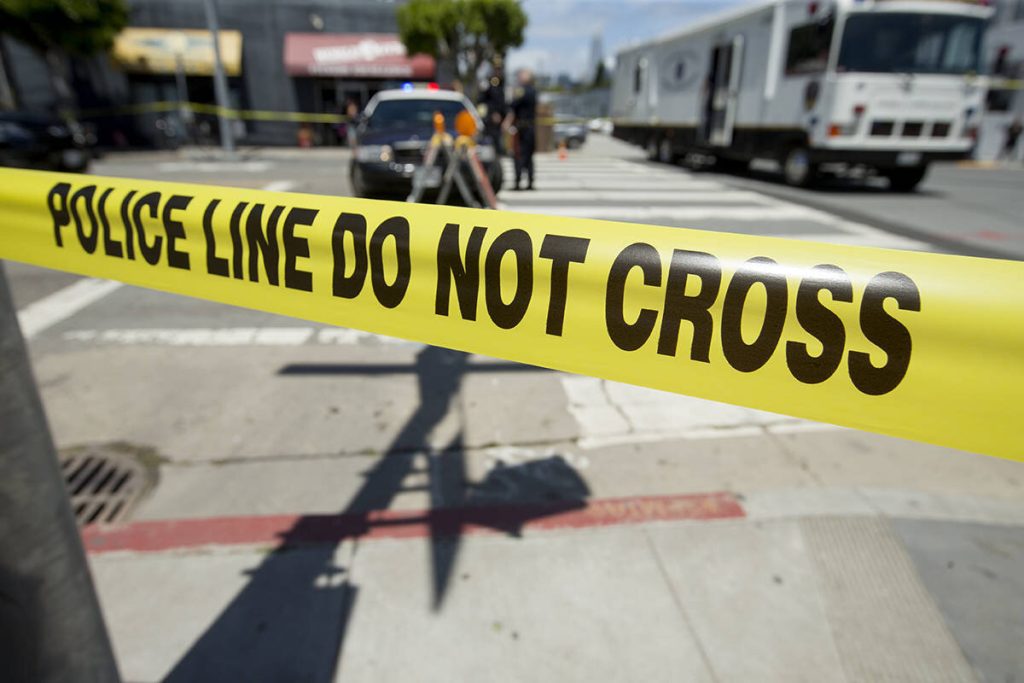
It’s no secret that the city of San Francisco has been battling a dramatic increase in crime rates as of late. The drug and homelessness crisis have gotten so severe that several businesses all over the city have been forced to close or move away.
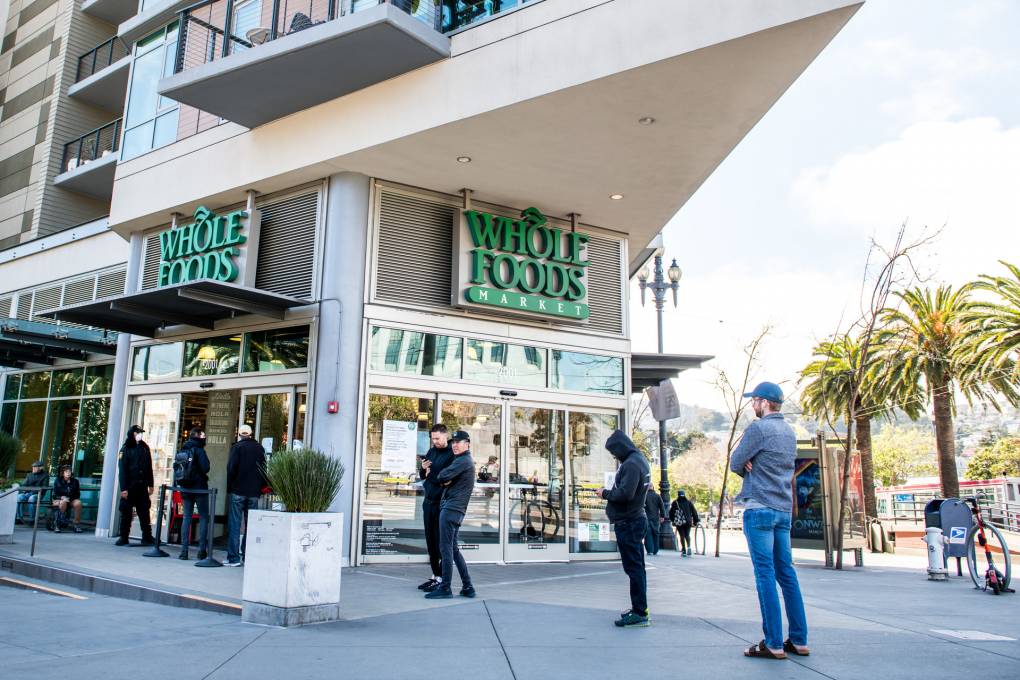
The Whole Foods on Market Street was once one of the most popular locations but was forced to close after a shocking number of emergency calls. In only a 13-month period, 568 emergency calls were made as a result of yelling, fighting, food-throwing, etc. After 14 arrests were made at this one location, they decided to shut down the store.
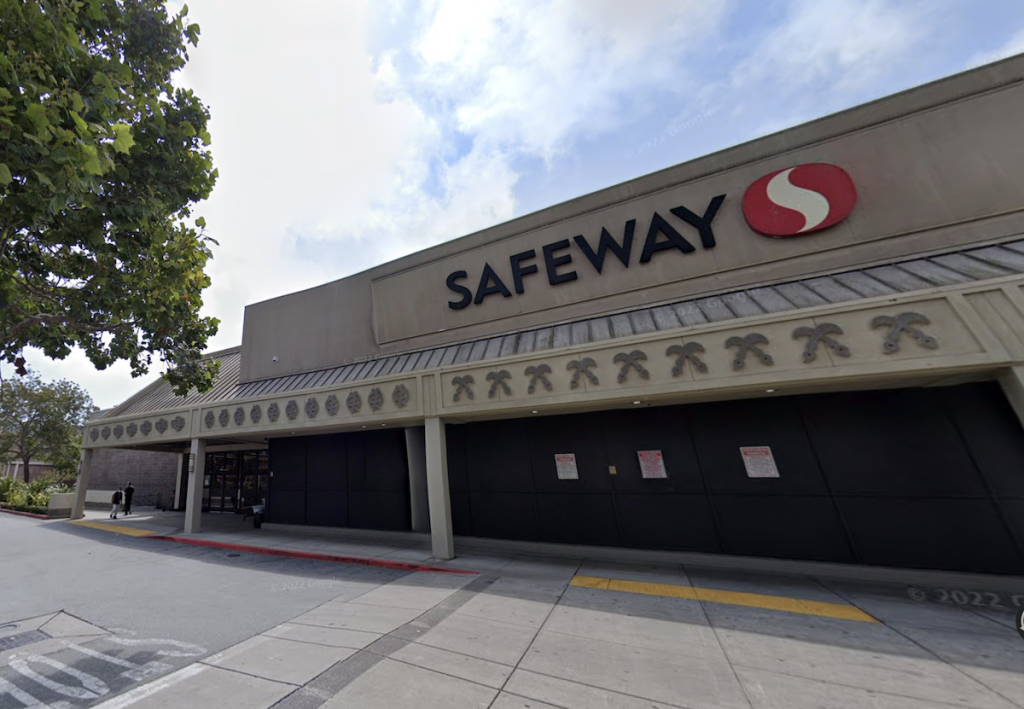
Similarly, a popular Safeway in the Fillmore section was closed in March of this year. The land was sold to a real estate developer to use for housing and commercial retail spaces.
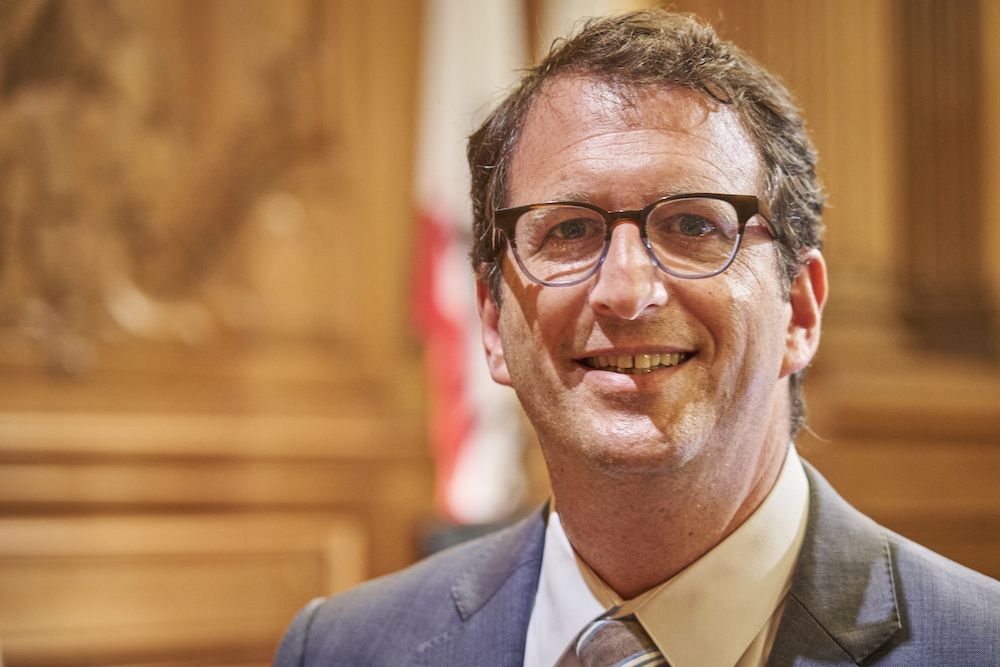
Following these closures, the San Francisco Board of Supervisors members Dean Preston and Aaron Peskin proposed the Grocery Protection Act. The bill is not actually a new idea; it was originally proposed in 1984.

The Grocery Protection Act essentially requires grocery stores to provide at least 6 months’ notice before closing. It also requires the business to find a grocer to take its place and assist in building a plan to ensure that residents have groceries in their area. This is in an effort to ensure residents have access to groceries and other necessities.

Back when it was proposed in 1984 it was approved by the board and then immediately vetoed by the then-Mayor Dianne Feinstein. Feinstein, who later became a US Senator until she passed away at 90-years-old said the bill was “an unnecessary intrusion of governmental regulatory authority”.
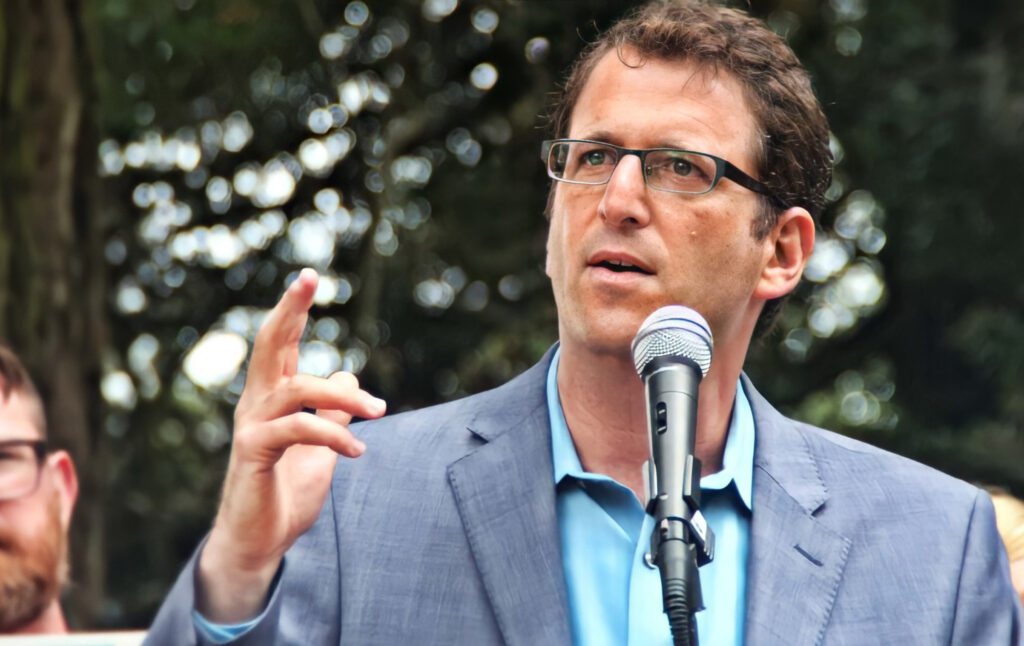
Preston disagrees with former Senator Feinstein’s sentiment, explaining that “It was a good idea in 1984, and it’s an even better idea now”. He and Peskin agree that the bill would ensure grocery stores work with residents to avoid food deserts and provide alternatives to their establishments.

Preston said in a press release, “Our communities need notice, an opportunity to be heard, and a transition plan when major neighborhood grocery stores plan to shut their doors. Meeting the food security needs of our seniors and families cannot be left to unilateral backroom decision by massive corporate entities”.
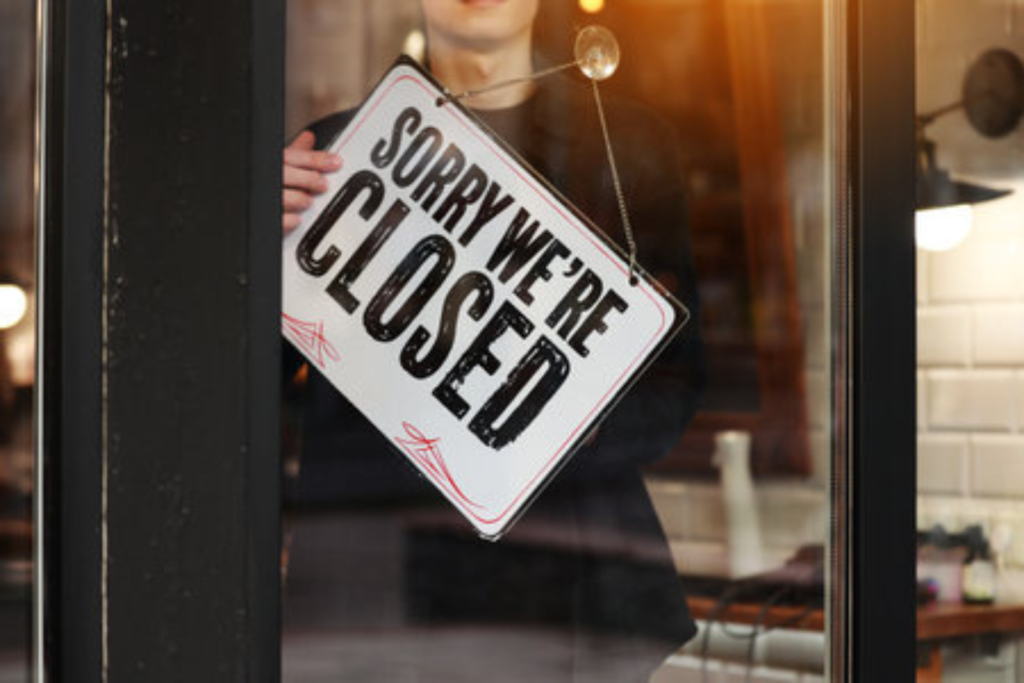
The plan would of course provide exceptions in the case of natural disasters and other related extenuating circumstances. The progressive lawmakers hope that the bill will be pushed through and thus the residents of San Francisco will be safe-guarded against some of the harsher realities of business failures as a result of rampant crime in the area.





